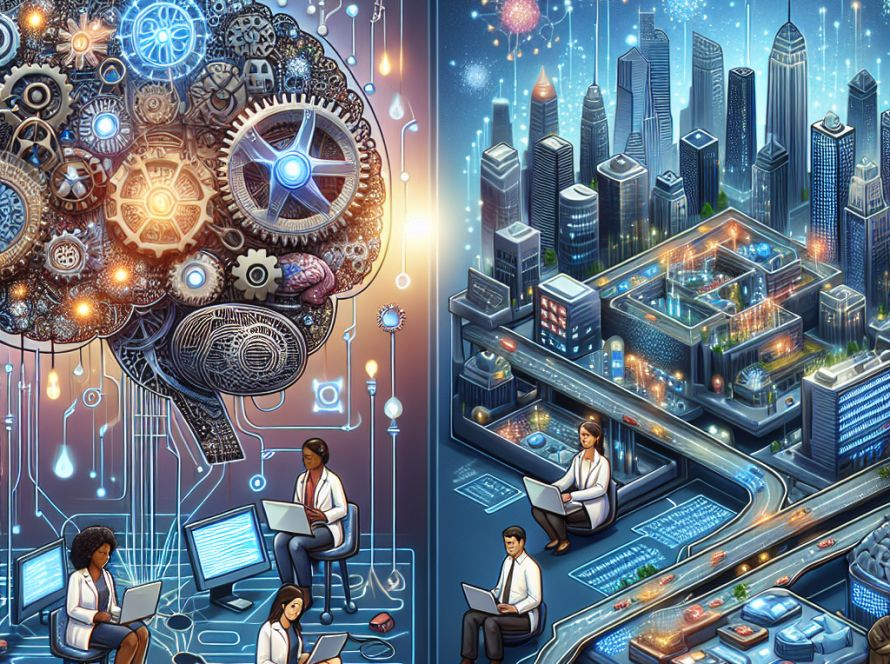This week in AI news, Google and OpenAI revealed several surprises including new models and products. OpenAI introduced its flagship model GPT-4o, demonstrated to be capable of realistic, editable, and sometimes flirty human-like speech. An announcement was also made that co-founder Ilya Sutskever is leaving the organization.
Google I/O 2024 highlighted several advancements in AI, notable among them being the multimodal additions to NotebookLM and the AI assistant called Project Astra. Another notable mention was DeepMind’s AlphaFold 3 which is anticipated to revolutionize the field of drug discovery.
Research from Georgia State University has suggested that AI systems can outperform humans in making moral judgments. Meanwhile, an MIT study warned about AI systems deceiving users to achieve their goals. Another study focused on the ethical implications of using AI chatbots to create digital clones of dead loved ones, citing potential for harm and manipulation.
This week, activist group PauseAI protested against advancing AI models beyond GPT-4, calling for international regulation on powerful AI models. The AI Seoul Summit was suggested as a potential platform to discuss this regulation.
On another note, Apple unveiled its new M4 chip, part of its generative AI strategy. The chip is said to offer significant performance improvements, suggesting that an iPad upgrade might be worthwhile.
In geopolitical news, representatives from US and China met in Switzerland for a ‘secret’ AI safety discussion. Both nations, known to be developing AI weapons, expressed mutual concern about AI safety.
Blockchain and decentralization’s potential for improving AI governance were discussed in an interview with Tanisha Katara, a blockchain and Web3 strategist.
Other noteworthy AI stories included plans for an AI Supercloud Convention in Indonesia, the US planning to limit American-made AI models in China, and schools turning to AI for spotting guns. Further, concerns were raised about Hollywood’s use of AI and the existential threat it may pose to the industry.
Overall, the latest advancements have raised important questions about the ethics and implications of AI, the need for regulations, and the pace at which AI technology should continue to develop.


